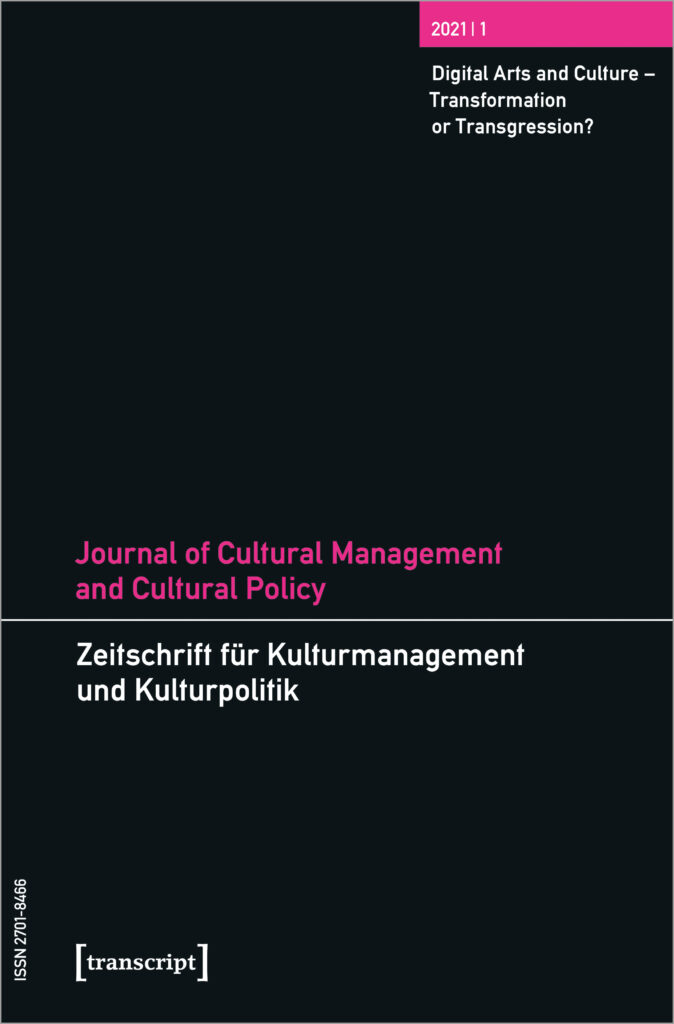Essay
Digital Platforms as Facilitators of Dialogic Co-creation of Displaced Object Biographies
Abstract
Digital technology is increasingly used in museums for collaboration and exchange of ideas among organizations. This paper explores how co-creating digital biographies of displaced objects can unpack the multilayered meanings and values that were imparted on these objects by the sociocultural contexts they encountered. Previous research has shown that the biography of a displaced object allows us to understand what it had experienced through its movements and encounters with social contexts; importantly, the construction and study of object biographies illuminates these social contexts themselves and, in doing so, improves intercultural understanding. Drawing on theories and previous research in cross-disciplinary areas including material culture and digitization, this paper examines the complex cultural identities of displaced objects and explores how co-creating their digital biographies empowers different organizations and communities to exchange knowledge and negotiate interpretations.
Keywords
2021 (1)
Digital Arts and Culture: Transformation or Transgression?

Related Articles
Journal of Cultural Management and Cultural Policy
Essay
Journal of Cultural Management and Cultural Policy
Essay
Journal of Cultural Management and Cultural Policy
Research Article
Art and Culture as an Urban Development Tool
A Diachronic Case StudyJournal of Cultural Management 2016 (1)
Research Article
Learning from Bayreuth
Richard Wagner als KulturmanagerYearbook for Culture Management 2013
Research Article
Journal of Cultural Management and Cultural Policy
Research Article
© 2026, Journal of Cultural Management and Cultural Policy
Keywords
- Aesthetics
- Higher Education
- Cultural Diplomacy and Foreign Cultural Policy
- Occupation
- Career and Professional Role
- Audience Development
- Audience Studies and Visitor Studies
- Visitor Motivations
- Business
- Covid Pandemic
- Democracy
- Digitalization
- Diversity
- Third Sector
- Empirical Aesthetics
- Development
- Ethics
- Evaluation
- Field Theory
- Festival
- Film
- Federalism
- Community Arts
- Societal Change
- Ideology
- Staging
- Career
- Communication
- Concert
- Creative Industries
- Creativity
- Crisis
- Culture
- arts organizations, cultural organizations
- Cultural Participation
- Cultural Change
- Fincancing The Arts
- Cultural Promotion Law
- Cultural History
- Cultural Management
- Cultural Economy
- Cultural Organizations
- Art Education
- Cultural Policy
- Cultural Production
- Cultural Sociology
- Art Education
- Cultural Understanding
- Arts Administration
- Cultural Industry
- Cultural Sciences
- Art
- Art Field
- Arts Research
- Artists
- Artistic Research
- Artistic Reputation
- Arts Management
- Arts Organizations
- Art education
- Arts Marketing
- Arts Administration
- Curating
- Leadership
- Literature
- Advocacy
- Management
- Marketing
- Market
- Media
- Methods Development
- Mexico
- Monumentalizing
- Museum
- Music
- Non-Visitor Studies
- Opera
- Orchestra
- Organization
- Political Expression
- Post-truth Politics
- Professional Role
- Audience
- Audience Development
- Law
- Government
- Role
- Socially Engaged Art
- Social Cohesion
- Social Change
- Social Cohesion
- Non-visitor Socio-demographics
- Socioculture
- State
- Symbolic capital
- Dance
- Participatory Justice
- Theatre
- Theatre Governance
- Theory Development
- Tourism
- Transformation
- Survey
- Entrepreneurship
- Urbanism
- Civil Society


